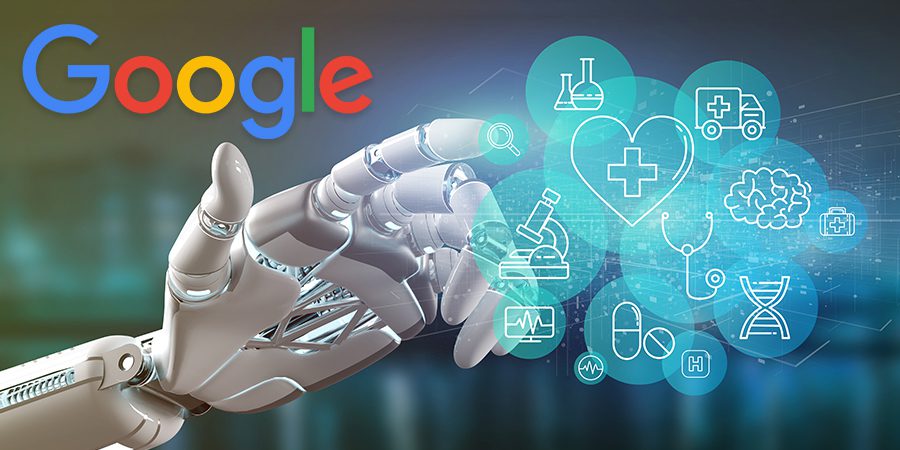Subscribe
"Unlock exclusive insights and elevate your financial wisdom with NetWorth.com — subscribe now to stay ahead in the wealth game!"

In this article, we’ll examine the reasons behind Google’s push to expand its healthcare AI capabilities and analyze its potential impacts.
Key Takeaways:
Google is striving to make healthcare AI more accessible and equitable through several new updates and collaborations, as announced at the company’s annual “The Check Up” event.
Dr. Karen DeSalvo, Google’s chief health officer, emphasized the need for consumer-driven health solutions and mobile-first experiences that cater to users’ needs.
The latest version of Google’s medical large language model, Med-PaLM 2, is designed to answer medical questions with a high degree of accuracy.
While the model still has room for improvement, it has demonstrated an “expert” level of performance, scoring 85% on medical exam questions.
Google has announced several partnerships aimed at leveraging AI to detect diseases earlier and provide better access to healthcare services:
Google is working to improve its search engine’s ability to provide accurate information about affordable healthcare providers.
Hema Budaraju, Google Search’s senior director of product, health, and social responsibility, emphasized the company’s utilization of Duplex to confirm details about healthcare providers and establish whether they accept particular Medicaid programs.
Google’s focus on mobile and digital-first experiences has led to advancements in its consumer devices, such as Fitbit, Pixel, and Nest.
These devices will soon provide users with a broader set of health metrics, including heart rate, breathing, skin temperature, sleep patterns, stress levels, and more.
Google is also testing new features, such as an opt-in function for identifying and counting coughs, to provide users with more personalized health insights.
Google’s expansion of its healthcare AI capabilities is part of a broader trend in the tech industry, with companies like IBM also exploring innovative solutions to healthcare challenges.
As AI-driven healthcare solutions continue to evolve, the potential for more accurate diagnoses, improved treatment planning, and increased accessibility of healthcare services becomes increasingly achievable.